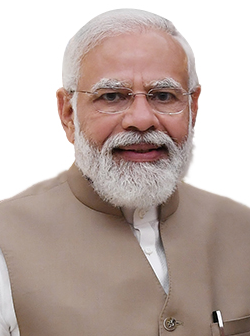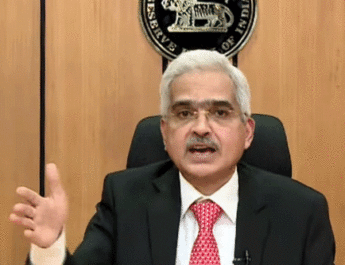*NYT SLAMS PM MODI ON SIKH SEPARATISM
From Our Bureau
NEW DELHI: India’s feud with Canada over the killing of a Sikh leader, Hardeep Singh Nijjar, on Canadian soil highlights how the Indian prime minister, Narendra Modi, has amplified the threat of Sikh separatism that no longer exists.
Analysts, political leaders and residents say there is little support in Punjab for establishment of an independent Sikh state, a cause that peaked in terms of deadly violence decades ago, and was snuffed out.
But Modi’s pursuit of a small group of extremists in Canada, and amplification of the danger they pose, has allowed him to create an important political narrative ahead of a national election next year. It furthers his image as a leader who will go to any extent to protect his nation.
Contrary to the Indian government’s claim that Canada’s lax attitude towards extremism among its politically influential Sikhs poses a national security threat inside India, there is a little support in Punjab for a secessionist cause that peaked in deadly violence decades ago and which was snuffed out. Three Indians have penned the story for the New York Times from the state of Punjab.
The NYT says the violence in Punjab that the Modi government attributes to the Sikh separatists is, in fact, mostly gang related, a chaotic mix of extortion, narcotics trafficking and score-settling. The criminal masterminds, often operate from abroad, take advantage of the economic desperation in a state where the farmers are crushed by rising debt and many youths lack employment or direction — problems compounded by a feeling of political alienation in minority Sikh communities.
For Modi, the pursuit of a small but noisy assemblage of criminals in a faraway country — India had been pushing for extradition of 26 before Nijjar’s death — and the amplification of the separatist threat provides an important political narrative to encash in the Lok Sabha elections next year. It also furthers his image as a strongman who will go to any extent to protect his nation. Even his staunchest critics are rallying around him in the face of Canada’s accusation. This is a fresh threat after Modi capitalised on violent militancy emanating from Pakistan before the last election in 2019 to create a political wave.
Stoking the threat of Khalistan as a national issue once again pushed India’s 25 million Sikhs into a difficult space. Old wounds of prejudice against them have been reopened, and they now find themselves in the middle of a diplomatic clash that separates them from family in the large Sikh diaspora.
For the BJP, there is little cost in an exaggerated portrayal of the security risks in a minority community, the analysts say. The party has tried to court the Sikhs as a constituency, seeing them as part of the extended Hindu family. But the Sikhs have vehemently opposed that effort, viewing it as an attempt to erase their unique identity– both as a community and s followers of religion they consider distinct. The Sikhs were a dominant part of the farmers’ movement in 2021 that gave Modi the biggest political challenge of his decade in power, forcing him into a rare concession by repealing the laws intended to open agriculture to the market forces.
“There is no Khalistan movement as such,” says Surinder Singh Jodhka, a professor of sociology at the JNU in New Delhi. “But there is a sense that somehow justice is not done to us.”
The Khalistan separatist movement, which dates in earnest to before the birth of post-colonial India in 1947, reached a bloody climax in 1980s when a group of militants violently took over the Golden Temple to push their cause.
But Khalistan remained aa preoccupation of some Sikhs in the countries like Australia, Britain and the U.S. Canada, with more than 770,000 Sikhs, has the largest Sikh population outside India. A large number of them left India during the separatist violence, or the years immediately after it, carrying wounds that fuelled their Khalistani advocacy.
“They don’t even have funds, and they can’t come back to India because they are banned, though they try to provoke people on the social media,” says Paramjit Singh, 45, a truck driver in Jalandhar.
As Modi’s lieutenants grew frustrated with the Sikh-led farmer protests, they often labelled the protesters as Khalistanis stoked by outside forces. “Modi is playing this politics for vote and we are caught in the middle,” says Kamljit Singh, a farmer from the outskirts of Jalandhar who participated in the 2021 protests.





